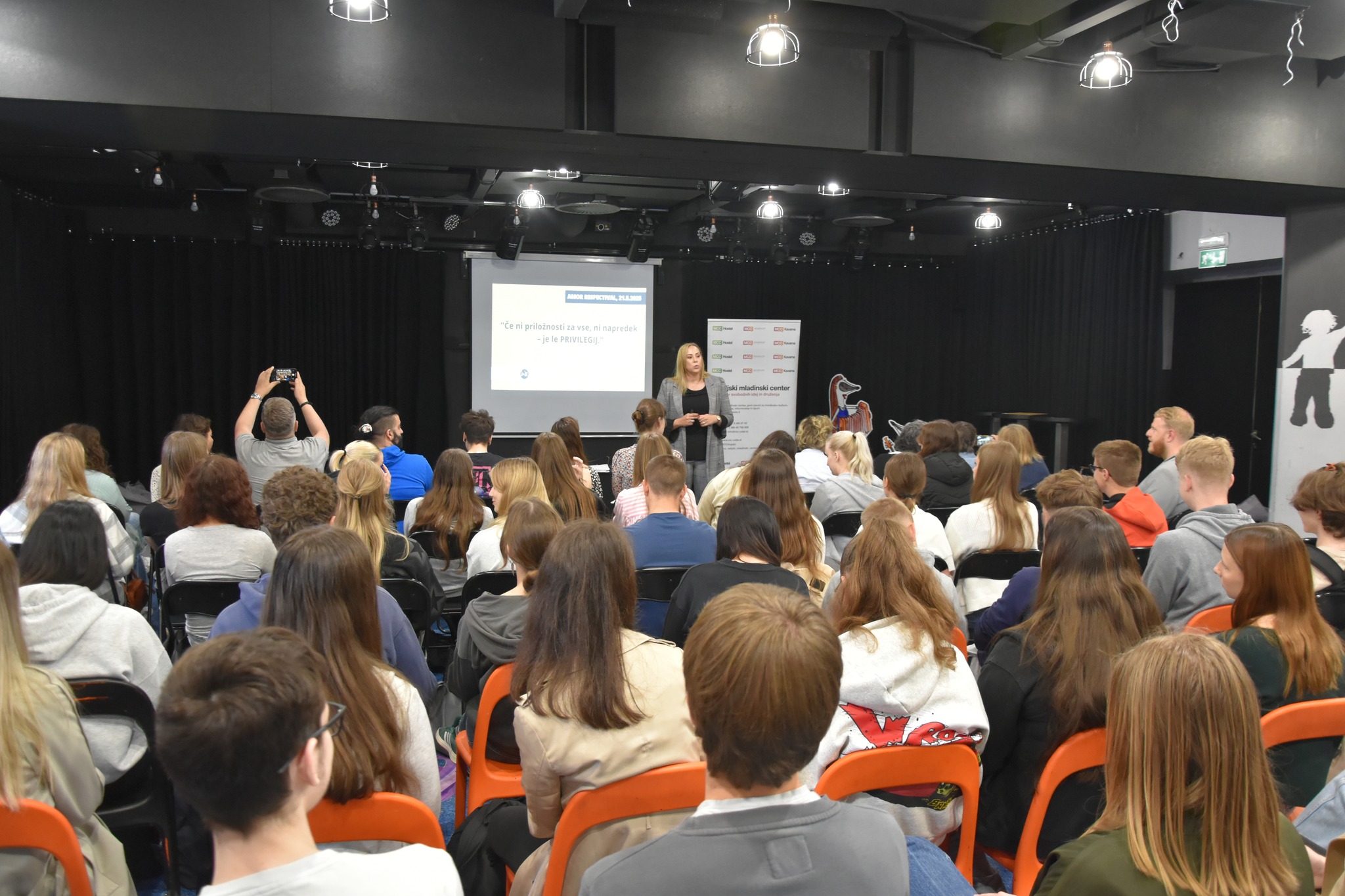
Context:
In the face of the COVID-19 crisis and the challenges facing educational institutions, the education sector as a whole needs short-term solutions that can be used to respond to this and possible future crises. The A.M.O.R. (Advanced Measurements of Responses to the Challenges of Social Skills Development in the Digital Era) project responds to this need.
The project’s activities focus on developing solutions targeting the social skills gap and the digital divide, particularly highlighted by the Covid-19 pandemic, for people with disabilities and students with special educational needs who have been widely excluded from digital and non-digital solutions developed in recent months, mainly due to their inaccessibility and lack of inclusion.
Through the implementation of the A.M.O.R. project, teachers, trainers, and social workers will be able to help young people, especially those with disabilities and special educational needs, to overcome the perceived or real lack of control over their situation and to strengthen active social participation and combat current negative trends of exclusion.
Objectives:
Embedded in the “European Year of Youth” the “AMOR” project is offering new forms of empowering people with disabilities and students with special educational needs and other young people and motivate them to apply neglected skills and tacit potentials related to civic and social behaviour.
By the implementation of the“AMOR'' project, YOUTH/social workers and other professionals will be enabled to activate young people by providing innovative and practical, accessible, inclusive and inclusive solutions for an active, empathic social behaviour.
Results
Good Practice Catalogue
The catalogue consists of well-structured tools, activities, and practices from all partner countries and concludes with a ‘lessons learned’ section analyzing different needs, e.g. skills of the people involved, methodology, and inclusive approaches to people with disabilities.
Digital Handbook
The innovative digital handbook of the A.M.O.R. project is a separate publication with many chapters for different purposes, which can be easily extended after the project (local versions). It is especially recommended for educational staff and students with and without disabilities.
By chapters:
Chapter 1-3:
Framework, guidelines and tools collection
Chapter 4:
Chapter 5: national contexts
Chapter 6:
A.M.O.R. Respectival
On 21.05.2025, the A.M.O.R. project held in Celje, Slovenia, a closing event with local young people to reflect on inclusion.

To see this video, you have to invoke the service YouTube.
For more information about the treatment of your personal data and the possibility of your revocation please click on our Privacy Policy.
Project details:
Action: Erasmus+ KA220-YOU- Cooperation partnerships in youth
Project coordinator:Internationaler Bund - IB Mitte gGmbH
Duration: 2023-2025
Project website: amor.erasmus.site
Project partners:
- YES Forum
- Celje Youth Center (MCC)
- The Future Now Association
- Calasanz Santurtzi
- Danmar Computers
- Associação para a Educação e Valorização da Região de Aveiro - AEVA
